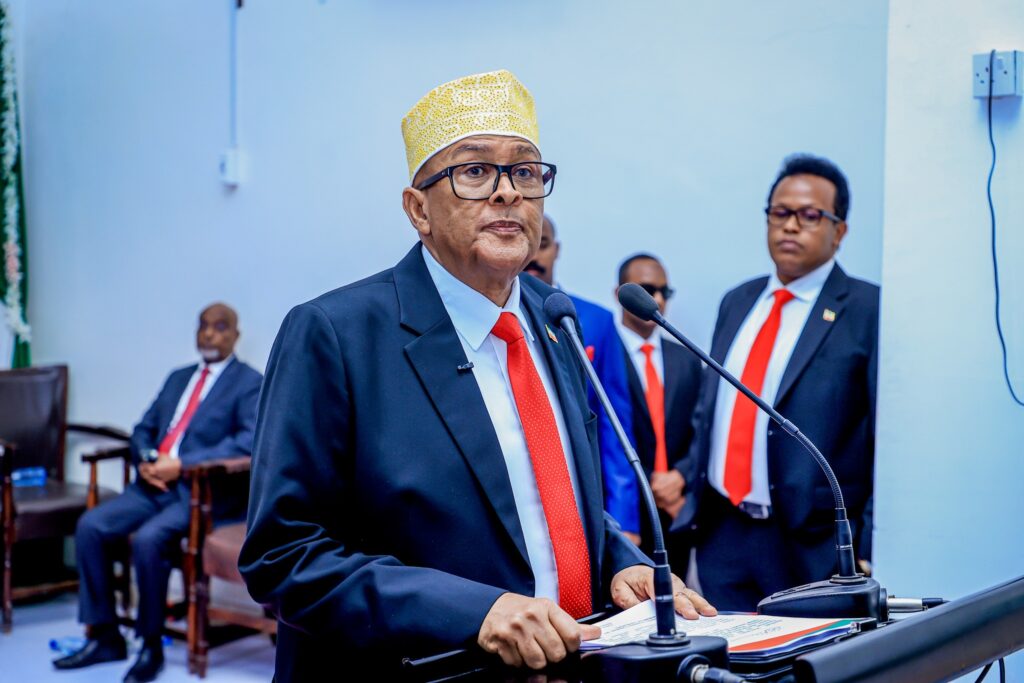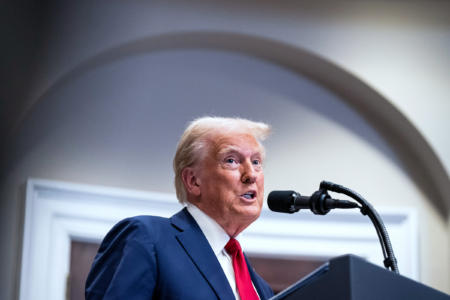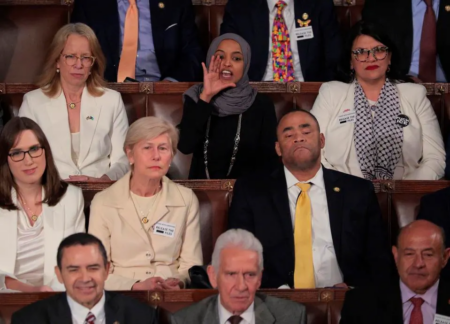Somaliland President Abdirahman Irro marked his first 100 days in office with a public address in Hargeisa. He highlighted progress in security and economic governance, particularly tax reforms and increased revenue collection. Efforts to improve local administration and initiate foreign policy engagements were also emphasized. His remarks aimed to reassure citizens of his administration’s commitment to reform and development.
Somaliland President’s Vision for Security and Stability
Since taking office, the Somaliland President has emphasized national security, with over 60% of his public statements focused on reducing internal threats and promoting peaceful coexistence. Government sources indicate that new security patrols have increased by 40% in urban centers. These efforts aim to enhance civilian trust and reduce the influence of clan-based conflicts. The administration has also increased the security budget by 25% within the first three months.
Economic Reforms Under the New Administration
In the first 100 days, the administration introduced a series of reforms to boost the local economy. According to the Ministry of Finance, tax collection rose by 15%, driven by digital payment systems and revised tariffs. Local businesses reported a 10% improvement in ease-of-doing-business metrics. These reforms are designed to attract diaspora investment and stabilize public revenues.
Efforts to Strengthen Somaliland’s International Relations
The administration has engaged in diplomatic outreach with at least five regional partners, including Ethiopia and Kenya. This move has resulted in two new cooperation agreements in trade and education. Statistics from the Foreign Ministry show a 30% increase in diplomatic correspondence compared to the previous quarter. These efforts are part of Somaliland’s broader push for recognition on the international stage.
Somaliland President’s Commitment to Local Governance and Reforms
The Somaliland President has prioritized decentralization, with new local councils established in three previously underserved districts. A government report noted a 20% rise in local citizen engagement initiatives. Public service delivery ratings improved by 18%, reflecting a shift toward grassroots governance. These reforms underline the president’s focus on inclusive development.








